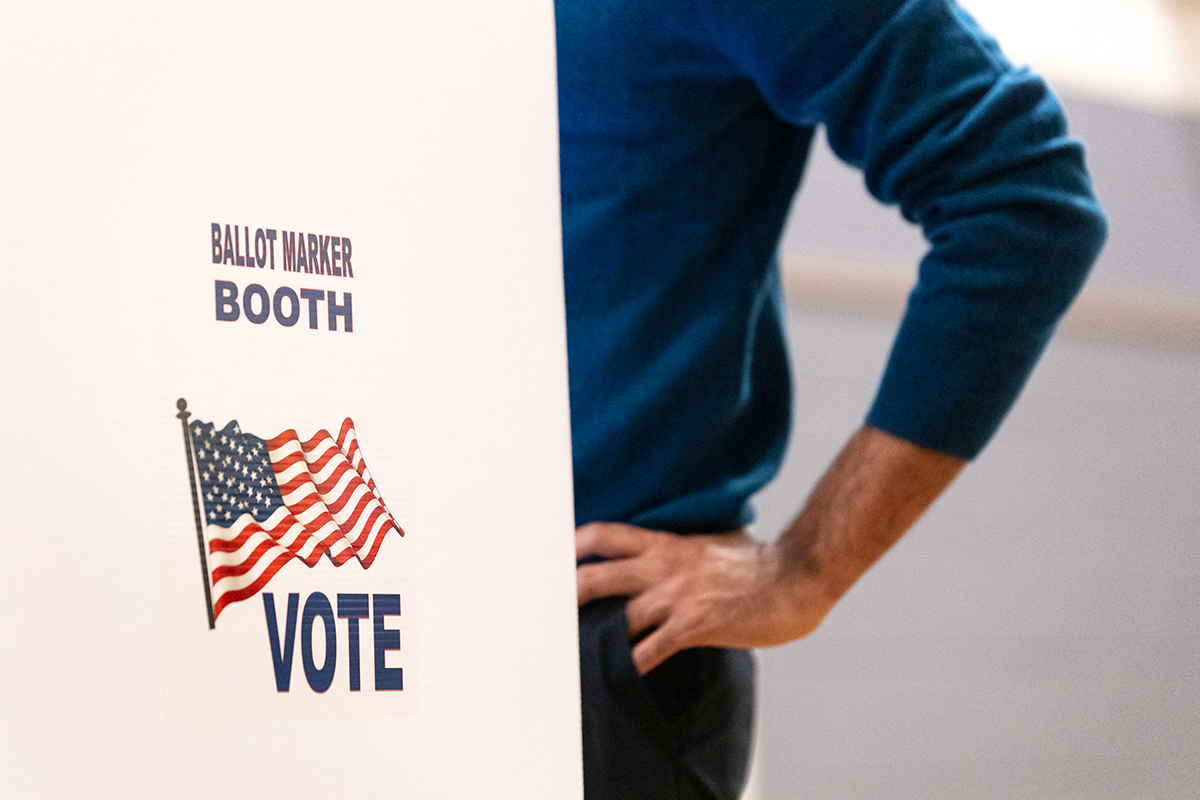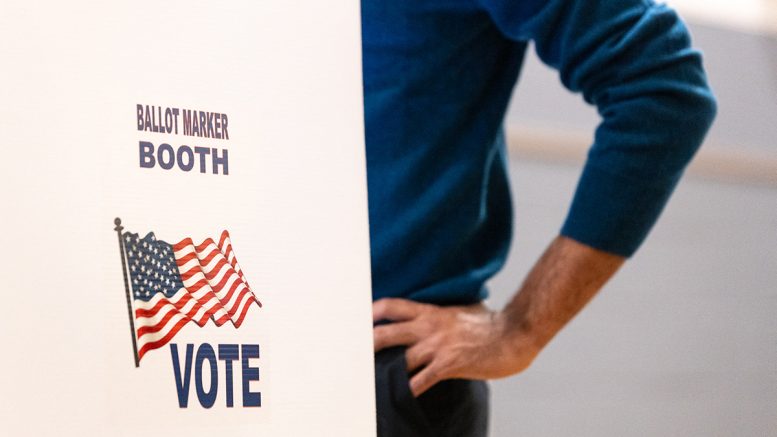Published on November 26, 2023, 6:32 am

Image source: Fox News
- Array
As we prepare for the 2024 election, drawing closer by the day, religious leaders and believers are often enveloped in questions about their rights relating to political matters. There are widespread misconceptions about the freedoms pastors, faith-based organizations, and everyday religious Americans actually possess, when it comes to engaging with politics. Our aim today is not just to deliver real news from a trusted source but also offer an overview of these rights through a Christian worldview.
Contrary to popular belief, politics and faith are not forbidden to intersect. The fear that such engagement might invite legal consequences is fundamentally inaccurate – an intimidation strategy designed to suppress faith voices from influencing socio-political landscapes.
Below, we address four important truths related to these worries:
1. Pastors can discuss politics: Many fail to realize that pastors have a constitutional right to voice their opinions on political issues – be it hot topics like religious liberty, abortion or same-sex marriage – within church premises. Any attempt at silencing them infringes upon their First Amendment rights.
2. Educating congregations about politics is acceptable: It falls under pastoral duty to equip congregants with all necessary knowledge that includes understanding the political process. This empowerment extends from sharing non-partisan voter guides outlining candidate stances or helping members register as voters.
3. Churches can host political candidates: Provided equal opportunity invites are extended to all runners in a race, religious leaders may welcome politicians into their places of worship for discourse.
4. Religious leaders retain personal political rights: Pastors may engage in political activity as individual citizens without linkage or representation of their respective churches including participating in campaigns and endorsing candidates as private individuals.
While freedom prevails largely across religious domains in American politics the IRS regulations do impose certain restrictions on church entities classified under 501(c)(3):
– A pastor cannot endorse one candidate over another using Church’s official capacity. It’s imperative to note this restriction does not extend onto pastors making endorsements as American citizens.
– A church cannot fund one political candidate over another. Again, this limitation does not prohibit pastors and church members from contributing to a political campaign of their choice in their individual capacity.
Underpinning all discussions on religious involvement in politics lies the Christian principle of being good citizens. As people of faith, we are called to respect authorities and established institutions (Romans 13:1). Yet, living in a democratic society calls for active engagement, voicing opinions and casting votes.
This election season, we underscore the importance for religious Americans to vote aligned with their conscience and values. Ensuring the protection of freedoms is an ongoing endeavor both at hearings and ballot boxes.
So this coming election, remember that your voice matters – democracy thrives when each member contributes actively. Engage with confidence knowing your rights as a ‘believer citizen’.
Original article posted by Fox News

Be the first to comment on "“Debunking Misconceptions: Religious Rights and Political Engagement in the U.S.”"